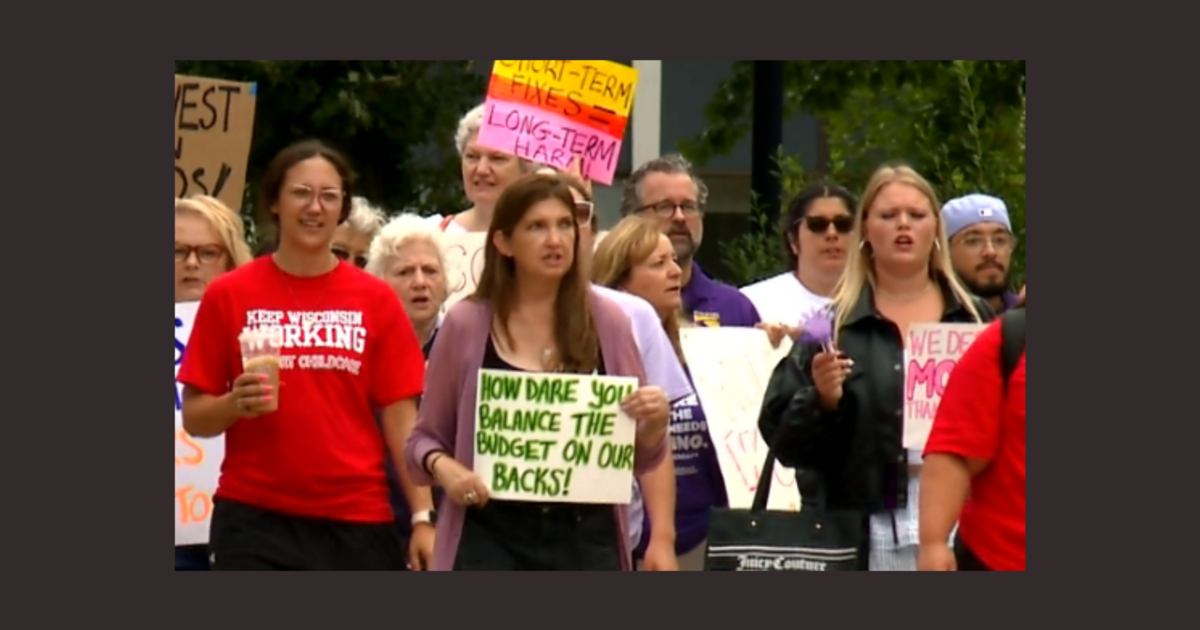

Protest Erupts at Wisconsin State Capitol Over Inadequate Child Care Funding
On Friday, a coalition of parents, educators, and community stakeholders convened at the Wisconsin State Capitol to express their discontent regarding provisions for child care funding included in the recently passed state budget. This demonstration highlighted growing concerns over the sustainability and quality of child care services in Wisconsin.
Approved by Governor Tony Evers, the state budget allocates over 0 million for child care programs. While this significant investment is perceived as a step in the right direction, advocates argue that the funding amount falls dramatically short of meeting the urgent needs of families and care providers. Participants in the rally underscored that with the current financial commitment set to expire in just one year, the future of child care in Wisconsin is uncertain.
Lucy Norvold, a child care provider who addressed the crowd, articulated the apprehensions of many in the sector. “With this funding slated to end in just one year, I’m afraid of what will happen to the quality of care we can provide,” Norvold stated. She further expressed concern over the long-term financial viability of her business, noting that many parents experience difficulty affording increased tuition rates for quality care, especially amidst rising living costs. “I don’t even have health insurance,” she added, shedding light on the personal sacrifices many child care providers make.
The situation is compounded by previous cuts to the main source of child care funding in the state, the Child Care Counts program. In 2023, this critical funding was halved, contributing to a challenging financial landscape for child care centers across Wisconsin. Many providers have reported struggles to maintain operational standards and staff retention due to ongoing fiscal constraints.
Amid a broader national discussion on early childhood education and care, Wisconsin’s budgetary allocations reflect a growing crisis in the field. Advocates argue that adequate support for child care is essential not only for providers but also for working families who rely on such services to balance their professional and personal lives.
As the protest concluded, participants pledged to continue advocating for increased and sustained funding for child care services in the state. With many providers and families still feeling the effects of economic strain, the call for substantial investment in child care remains urgent. The outcome of ongoing discussions at the state capitol will be closely monitored by stakeholders eager to ensure the well-being of Wisconsin’s children and their families.



